What is Personal Contract Hire (PCH)?
Want low monthly payments on a brand new car but don't want to own it? Personal Contract Hire - also known as leasing - could be for you
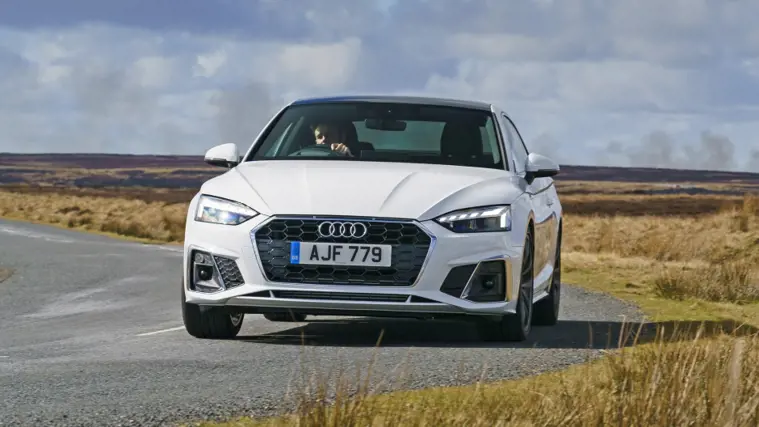
Personal Contract Hire (PCH) - also known as leasing - works like long-term car rental. You make set monthly payments to borrow a car for an agreed amount of time and then you simply hand it back at the end of the contract.
If you like to change your car regularly so that you always have the very latest model, leasing could be a far simpler way to stay behind the wheel of a brand new car than frequently buying in cash and having to sell on your old car yourself. Check out the video below to get a feel for whether PCH is for you.
Personal Contract Hire enables you to effectively rent a new car - normally for two to four years - by making an initial payment, followed by a series of fixed monthly payments. Get to the end of the contract and you just hand the keys back and walk away with nothing more to pay - provided you've stuck to the pre-agreed mileage limit and have kept the car in good condition, with no damage beyond fair wear and tear.
Unlike Personal Contract Purchase (PCP) finance or Hire Purchase, there's no option to buy the car at the end of the contract - no matter how much you may love it. This means that monthly payments for a brand new car may be lower than with finance alternatives - as the leasing company is geared up to sell the car on as soon as you give the keys back - and you could get a more upmarket car for your monthly budget than you might expect. Check out the latest leasing deals available now with our partner leasing.com.
Low monthly payments but no chance to own the car
As a result of PCH's format, you'll have nothing to show for your monthly payments once the contract is over as you would with Hire Purchase, where you'd automatically own the car after you've made the final payment. And there's no chance of ending up with any equity - value above the outstanding finance balance on the car that you can put towards your next finance deposit - which you might have with PCP.
As PCH leasing is typically only available on brand new cars, you can also expect leasing to cost you more overall than financing a similar used car over the same period, which is likely to have a much lower initial price. Consequently, if you want the most car for your money - and don't mind whether it's new, nearly new or used - you're likely to be far better off by financing a second-hand car rather than leasing a brand new one.
PCH can be tailored to suit your circumstances; you're generally able to adjust the initial payment that's due before the car is delivered, as well as the length of contract and the mileage limit, which will all affect your monthly payments. The larger your initial payment, the lower your monthly bills will be, with longer contracts and lower mileage allowances typically cutting the monthly cost, too.
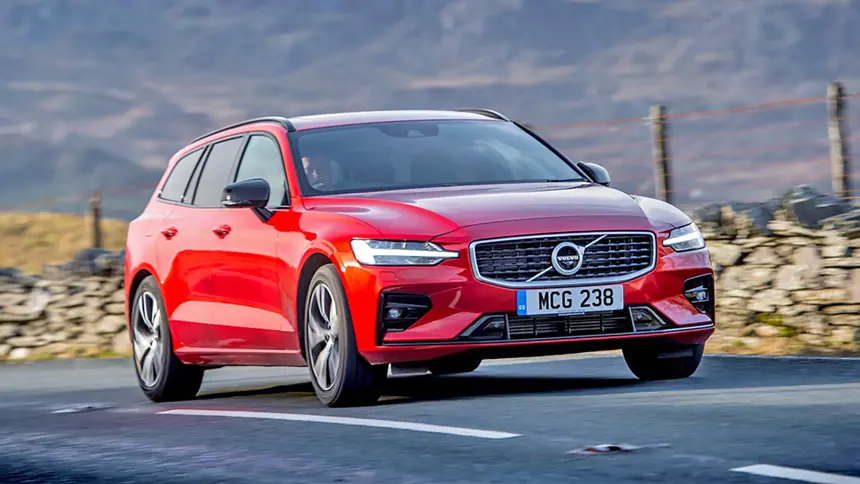
It's important not to underestimate your mileage, however, as it's likely you'll be issued with per-mile penalty fees for exceeding the limit. Charges will also be issued for any damage to the car beyond fair wear and tear. Another downside is that the overall amount you spend to lease a series of brand new cars is likely to be much higher than financing a similar used car with the same deposit, mileage allowance and contract length.
As with PCP, however, PCH offers peace of mind for drivers in that if the value of the car suddenly plummets - for instance if harsh new emissions rules were introduced, penalising certain models - you won't be left out of pocket, as you would if you owned the car outright and wanted to sell it. Here, the leasing company would take the hit of the car being worth less than expected.
PCH is generally only available on new cars. If you're after affordable monthly payments - and the option to cut costs further by choosing a a used car - then PCP finance might work for you. PCP gives you the option to return the car at the end of the agreement - as you would have to do with a lease - or you could choose to buy it at that stage for the pre-agreed optional final payment.
You can check to ensure that you're getting the best deal on a new car by comparing like-for-like PCH quotes with those of PCP finance deals and calculating the total amount of all the upfront costs and monthly payments. Also bear in mind that you have greater consumer rights with PCP finance than with PCH leasing, making it easier and less expensive to hand a car back early if you're struggling to meet the monthly payments or the car is no longer suitable.
This means that if it's relatively likely that your situation could change and you may not be able to afford the car for the entire length of the contract, you may have extra protection with PCP finance rather than a lease.
Better still, if you're concerned that your income may drop or you worry about the security of your job, for instance, it could be wise to go for a more affordable used car and save some money each month that you could use to cover monthly payments for a period of time if you did experience financial issues.
PCH pros
✔ Simple - initial rental plus set monthly payments
✔ Can offer lowest new car monthly payments
✔ No charge if car loses more value than expected
✔ Servicing and maintenance costs can be included
PCH cons
✘ Charges issued for damage and excess mileage
✘ No option to buy car at the end of the contract
✘ Rarely available on used cars, costly when it is
✘ Can be difficult and expensive to end early
How Personal Contract Hire works
1. Initial payment
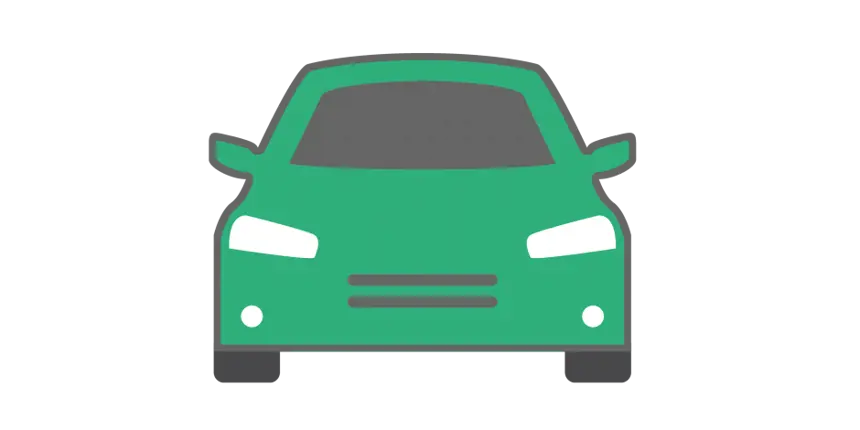
- Initial payment is usually the equivalent of 3 to 12 monthly payments
2. Monthly payments
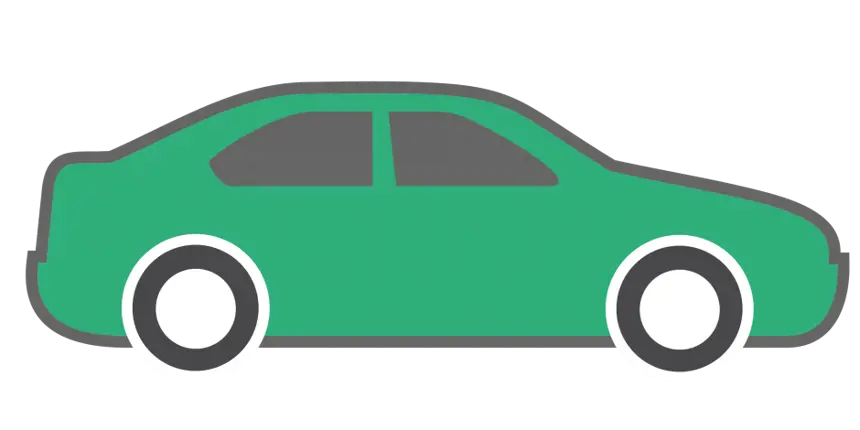
- Fixed monthly payments throughout the duration of the contract
3. Return the car

- Once all payments are made, you hand the keys back and walk away
Personal Contract Hire on used cars
Personal Contract Hire is not commonly available on used cars. Drivers after low monthly payments on a second-hand car with the option to return the car at the end of the contract can choose PCP finance, which also gives them the option to buy the car when the contract ends.
This lease-type agreement brings similarly low payments because monthly payments only cover the difference in value between the car's price at the start of the contract and what it's expected to be worth at the end of the term. This means that you can return the car when the contract's over - as with PCH - or make the large optional final payment to pay off the remaining finance and become the owner.
Getting a cheap Personal Contract Hire lease deal
When comparing Personal Contract Hire deals, there are two main costs to focus on - the initial payment and the monthly payment figure. Other factors to bear in mind are the length of the contract - typically longer contracts mean lower monthly payments, though that's not always the case - and the mileage allowance; the lower it is, the lower your monthly payments.
Consequently, it's crucial to compare like with like to work out which deals offer you the best value. If you don't, there's no way to tell whether a £100-per-month deal will really save you money compared with a £200-per-month alternative.
The same car may be £100 per month from one place and £200 per month from another, but if the first involves a £5,000 initial payment, while the second has a £200 initial payment, the second would cost you less overall.
On a three-year contract, the £100-per-month deal with a £5,000 initial payment would set you back £8,500 overall, while the £200-per-month offer totals just £7,200 - saving you £1,300.
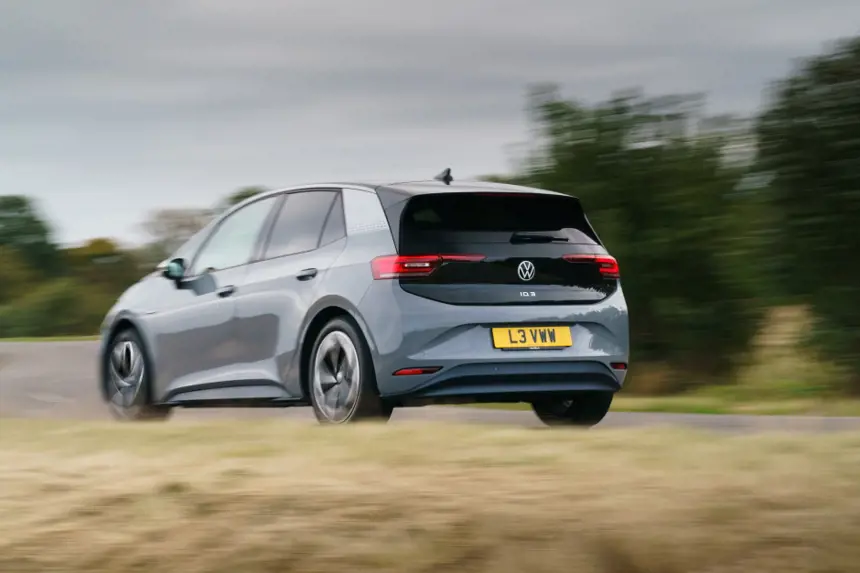
Check if maintenance is included, as this varies from deal to deal, too; one deal might be £20 per month more than another, but if it includes servicing and maintenance and the other doesn't, it could still be the better value option. You'll also need to make sure the figures you're looking at include VAT. If they don't, you'll have to add 20%.
It’s important to remember that while Personal Contract Hire deals offer some of the most affordable monthly payments for new cars, they aren't normally good value in the long run, as you’re left with nothing after the agreement. If you have the savings, it may be cheaper in the long run to buy a car, then to sell it when you want or need to.
Is there an option to buy after the PCH deal has finished?
With a typical PCH contract, there’s no option to buy the car at the end of the term. But if you do fall in love with your car, it’s always worth asking the lease company if there is a way to extend the contract or even buy the car from them.
There's no guarantee that they will agree, particularly as a one-off sale is likely to require extra effort and may involve additional costs for them, but you may be in luck.
Can I cancel a Personal Contract Hire lease agreement early?
Rules and cancellation policies vary from company to company, though as a rule it is much more difficult and expensive to end a lease early than with an equivalent PCP finance deal.
You can cancel the agreement early but you are likely to be issued with substantial penalty charges, or even a bill for all of the outstanding monthly fees. If that's the case, that would involve you continuing to make all of the remaining payments even if you handed the car back.
If you think you may need to end the contract on your next car early, it's worth reading the terms and conditions regarding returning the car ahead of time to see exactly what the situation is. Alternatively, drivers who take out PCP finance have additional protections when looking to return a car early, including Voluntary Termination, which allows motorists to hand a financed car back ahead of time with no further charges, provided more than half of the overall finance balance has been paid.
What happens if I crash a Personal Contract Hire car?
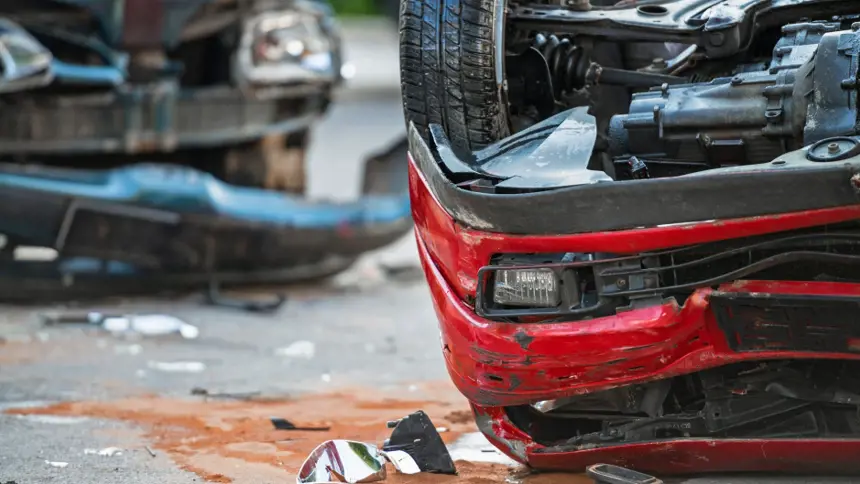
One of the conditions of Personal Contract Hire is usually taking out fully comprehensive insurance, as the car is never yours and the leasing company wants to protect its asset. This would cover any repairs should you crash the car.
However, if the car is written off, the finance company will ask for a settlement amount to end the agreement. The insurance amount will go towards this, but may not cover the full amount, as the insurer only pays out what the car is worth when it was written off and the amount owed on the car could be more than that. If that's the case, you'll need to find the cash to make up the difference.
The earlier you are in the contract, the larger this amount is likely to be. Many insurers will pay you the full value of the car if it's written off at less than a year old, but if it's a year or two old, the settlement figure paid by the insurer could still be several thousand pounds less than what you owe the finance company.
If you end up in this situation, you would be responsible for making up the difference, whether you had the cash or not. Guaranteed Asset Protection (GAP) insurance is designed to cover this risk, so you may want to look into this.
If your insurance policy comes with new car replacement cover, this will pay for the cost of a brand new replacement if you are the first owner and your vehicle is written off in the first year of ownership. This would likely clear any settlement with the leasing company, negating the need for GAP insurance. Don't just assume you're covered, though. Make sure you know exactly what is covered by your insurance before deciding whether to opt for GAP insurance or not.
